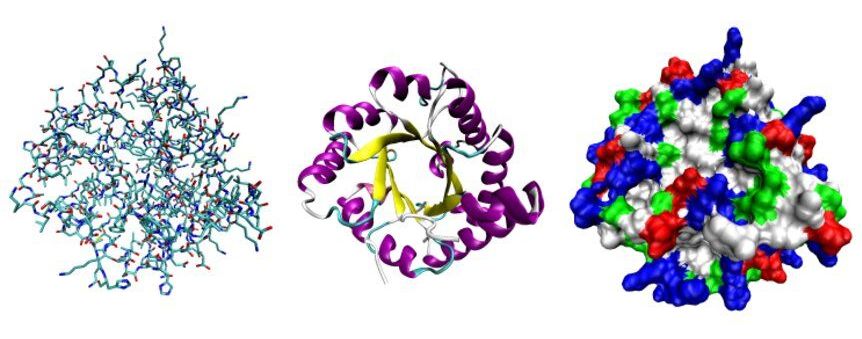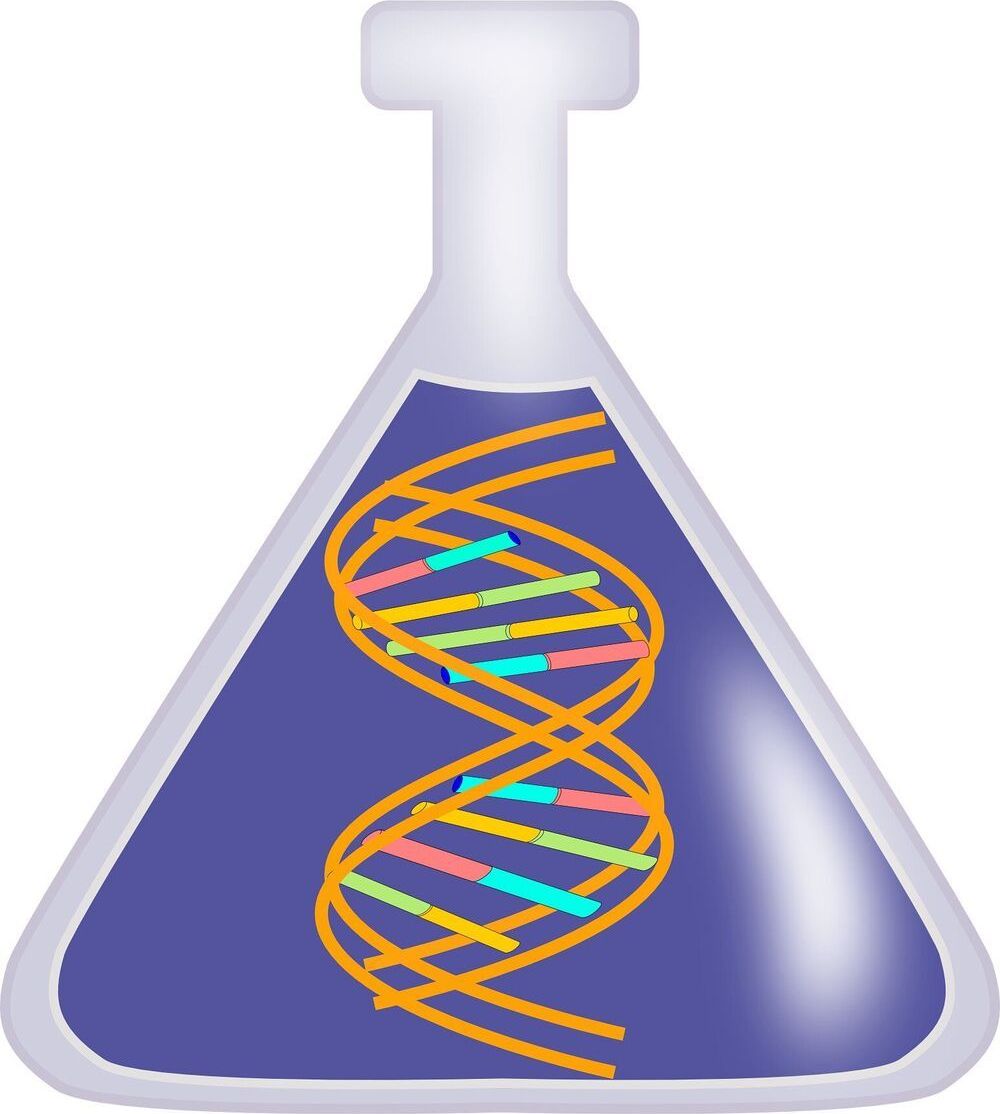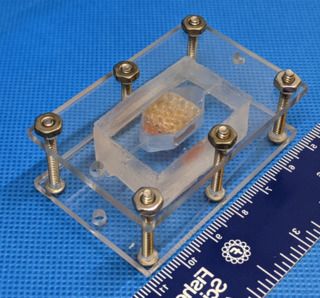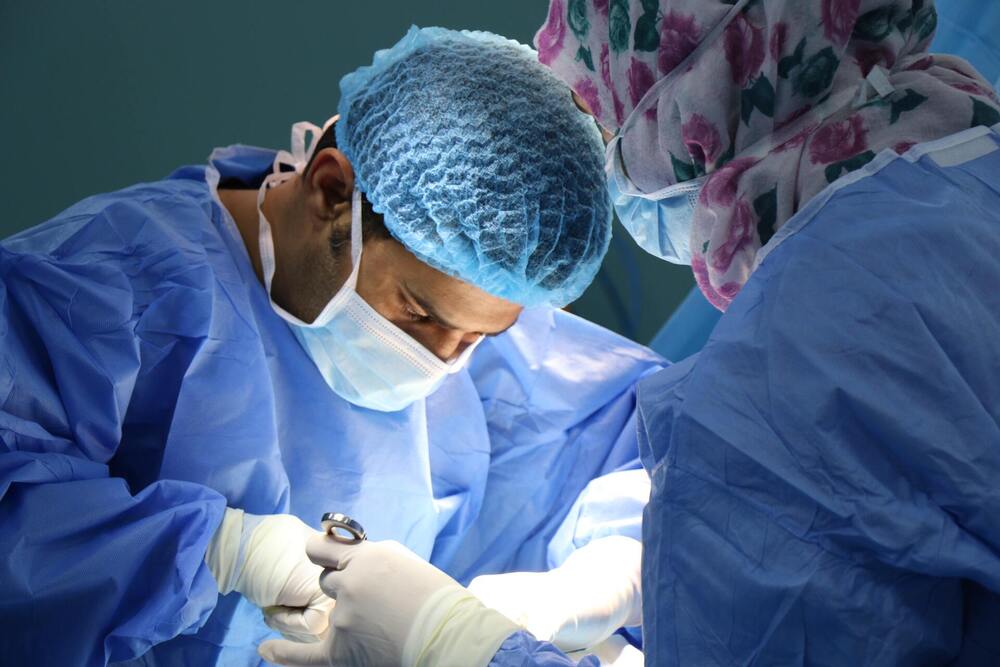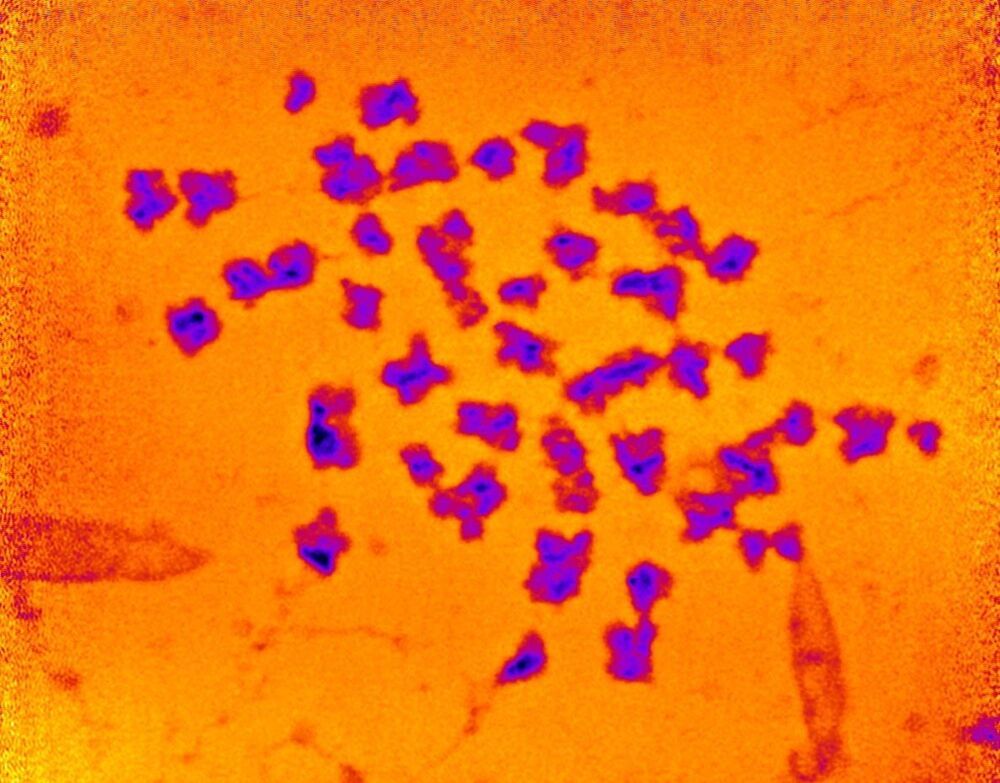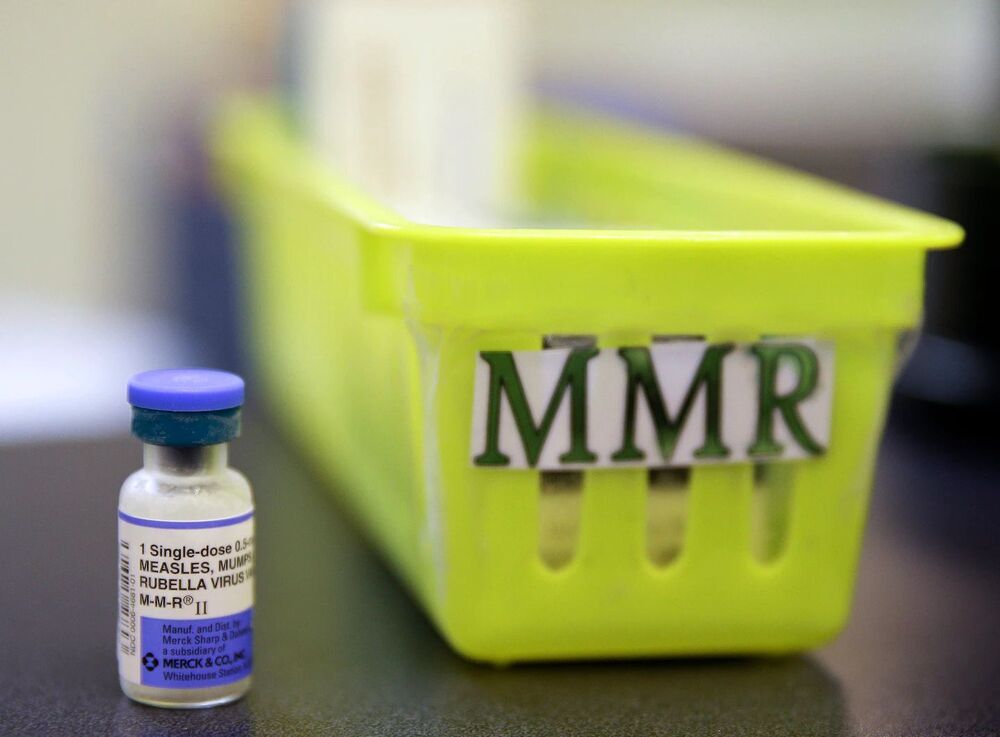A team of scientists at the University of Sussex have for the first time built a modular quantum brain scanner, and used it to record a brain signal. This is the first time a brain signal has been detected using a modular quantum brain sensor anywhere in the world. It’s a major milestone for all researchers working on quantum brain imaging technology because modular sensors can be scaled up, like Lego bricks. The team have also connected two sensors like Lego bricks, proving that whole-brain scanning using this method is within reach—as detailed in their paper, which is published today in pre-print. This has not been possible with the currently commercially available quantum brain sensors from the United States.
These modular devices work like play bricks in that they can be connected together. This opens up the potential for whole–brain scanning using quantum technology, and potential advances for neurodegenerative diseases like Alzheimer’s.
The device, which was built at the Quantum Systems and Devices laboratory at the university, uses ultra-sensitive quantum sensors to pick up these tiniest of magnetic fields to see inside the brain in order to map the neural activity.


